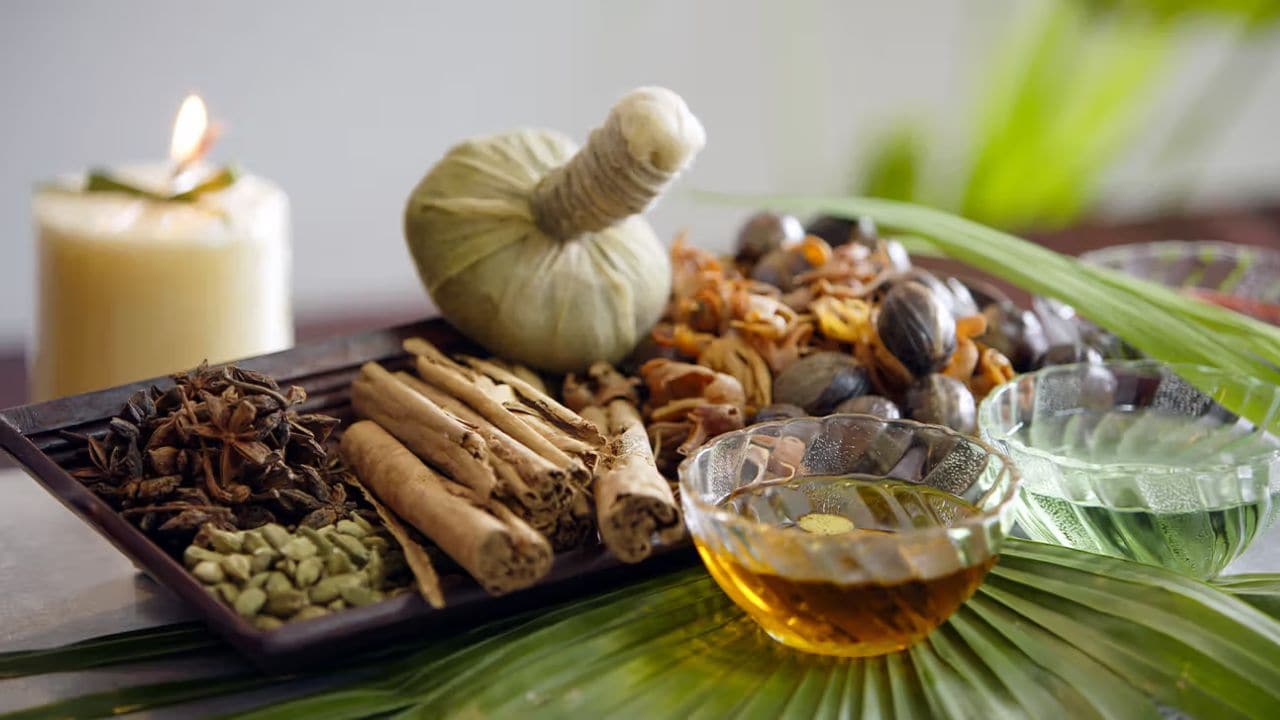The AYUSH sector in India continues to gain momentum, with the Ayurveda products market showing significant growth. A report by the Forum on Indian Traditional Medicine (FITM), published by the Research and Information System (RIS) for Developing Countries in 2021, estimates the AYUSH industry’s size at $18.1 billion for the fiscal year 2020-21. The sector has seen robust development, and the government is implementing a variety of schemes to support its expansion, particularly in terms of exports and quality enhancement.
The Ministry of AYUSH has rolled out several initiatives to foster the growth of Ayurveda products. One of the key schemes, the “Central Sector Scheme for Promotion of International Co-operation in AYUSH,” focuses on promoting exports and supporting Ayush institutions, drug manufacturers, and hospitals. The scheme encourages participation in international exhibitions, trade fairs, and roadshows, while also providing assistance for the registration of Ayush products with international regulatory bodies such as the USFDA, EMEA, and UK-MHRA. The goal is to expand the global footprint of India’s AYUSH sector.
The Ministry also encourages certifications for AYUSH products to ensure high quality and facilitate exports. These include the WHO’s Certificate of Pharmaceutical Products (CoPP) for herbal products and a quality certification scheme administered by the Quality Council of India (QCI) that grants the AYUSH Premium mark to Ayurvedic, Siddha, and Unani products based on third-party evaluations of quality standards in line with international norms.
To further enhance the quality of AYUSH products, the Ministry launched the Ayush Oushadhi Gunvatta Evam Uttpadan Samvardhan Yojana (AOGUSY) in 2021. With a financial allocation of Rs. 122 crore over five years, the scheme aims to strengthen AYUSH pharmacies, upgrade drug testing laboratories, and establish stronger regulatory frameworks. A key component of this scheme is the promotion of pharmacovigilance for AYUSH drugs, including the surveillance of misleading advertisements related to these products. The scheme also focuses on capacity building and the development of international standards for Ayush products in collaboration with institutions such as the Bureau of Indian Standards (BIS) and the Quality Control of India (QCI).
Another significant step taken by the government is the establishment of the Pharmacopoeia Commission for Indian Medicine & Homoeopathy (PCIM&H), which lays down the formulary specifications and pharmacopoeial standards for Ayurveda, Siddha, Unani, and Homoeopathy (ASU&H) drugs. These standards ensure the identity, purity, and strength of ASU&H medicines, providing a critical framework for their production and quality control in India.
In a bid to enhance exports, the Ministry of AYUSH has also launched the Ayush Export Promotion Council (AYUSHEXCIL), which was introduced during the Global Ayush Investment and Innovation Summit in Gandhinagar, Gujarat, in April 2022. AYUSHEXCIL aims to promote the export of products from Ayurveda, Homoeopathy, Siddha, Sowa Rigpa, and Unani systems. It focuses on addressing trade issues, building export capacity, organizing international events, and conducting seminars and workshops to boost the export of Ayush products globally.
Prataprao Jadhav, Union Minister of State (I/C) for AYUSH, provided this information in a written reply in the Rajya Sabha, highlighting the government’s continued commitment to strengthening the AYUSH sector through enhanced product quality, export facilitation, and international cooperation.
